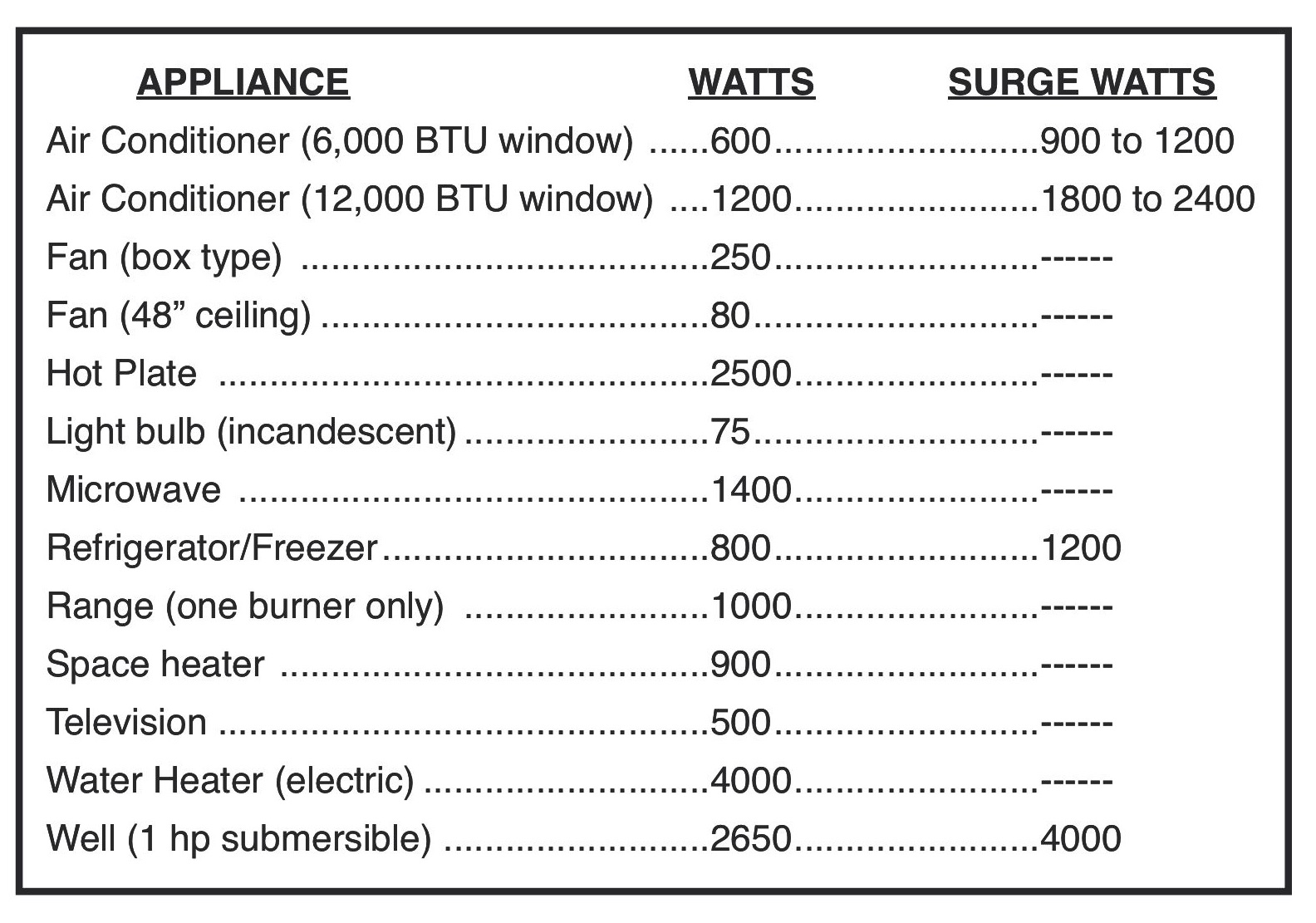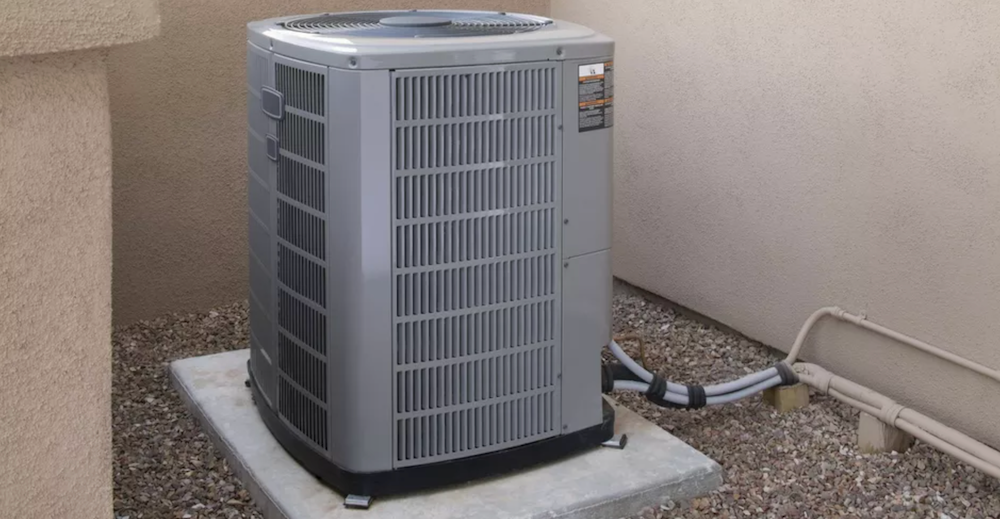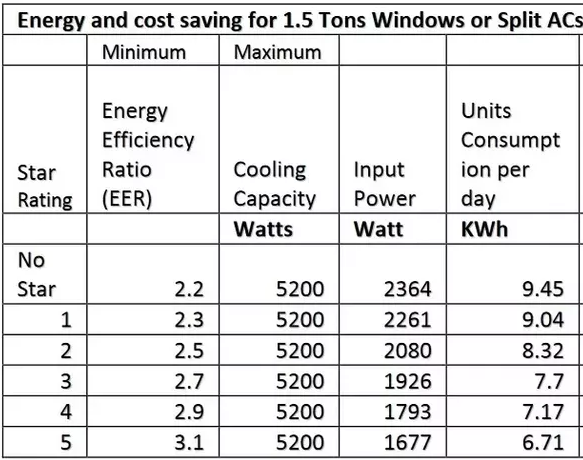How Many Watts For Central Ac
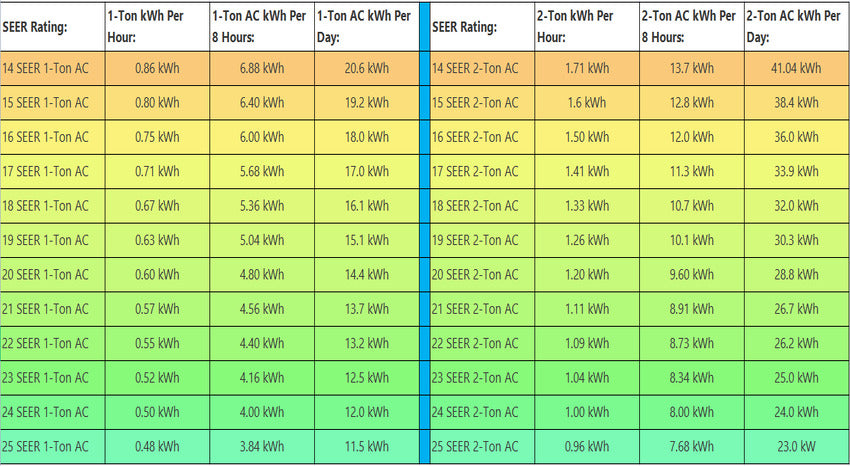
Calculating the wattage of a central air conditioning unit is crucial for homeowners aiming to understand energy consumption, manage electricity bills, and ensure their home's electrical system can handle the load. Determining the precise wattage isn't a simple matter; it depends on a range of factors from the unit's size and efficiency to regional climate and individual usage patterns.
This article delves into the key aspects of central AC wattage, providing homeowners with the necessary information to estimate their AC's energy demand. Understanding these details is essential for informed decision-making regarding energy conservation and potential system upgrades.
Understanding AC Wattage and its Significance
The wattage of a central AC system represents the amount of electrical power it consumes while operating. It's a key factor influencing your electricity bill and indicates the system's energy demand on your home's electrical circuits. Generally, the larger the AC unit (measured in BTUs - British Thermal Units), the higher its wattage.
Knowing the wattage allows homeowners to plan for potential upgrades to their electrical panel, prevent overloading circuits, and evaluate the cost-effectiveness of different AC models. This information is also vital for assessing the feasibility of using renewable energy sources like solar panels to offset energy consumption.
Factors Influencing AC Wattage
Several factors contribute to the overall wattage of a central AC unit. These factors include size and SEER rating.
Size (BTUs): The cooling capacity of an AC unit is measured in BTUs. Larger homes require units with higher BTU ratings, which consequently consume more power. A 1.5-ton (18,000 BTU) AC unit will naturally draw less power than a 5-ton (60,000 BTU) unit.
SEER Rating: The Seasonal Energy Efficiency Ratio (SEER) indicates how efficiently an AC unit cools a space over an entire cooling season. A higher SEER rating signifies greater energy efficiency, meaning the unit will consume less electricity (lower wattage) to produce the same amount of cooling. Look for Energy Star certified models.
Climate and Usage: Regional climate conditions directly impact AC wattage. In hotter climates, AC units run more frequently and for longer durations, resulting in higher overall energy consumption. User settings, such as setting the thermostat to a lower temperature or running the AC continuously, can also significantly increase wattage.
Estimating AC Wattage: A Practical Approach
While pinpointing the exact wattage requires consulting the manufacturer's specifications for your specific AC model, here's a practical approach to estimating it.
Check the Nameplate: Locate the nameplate on your AC unit. It usually contains essential information, including the voltage (V) and amperage (A). Multiply these two values to obtain the wattage (Watts = Volts x Amps).
Use BTU Guidelines: As a general rule, estimate around 200-300 watts per 1,000 BTUs of cooling capacity. For instance, a 24,000 BTU unit might consume roughly 4,800 to 7,200 watts. This is just an estimate, however, and doesn't account for SEER rating or other efficiency factors.
Consider SEER Rating Adjustments: If you know the SEER rating, you can refine your estimate. Higher SEER units will consume less power for the same cooling capacity. Research the typical wattage range for AC units with comparable BTU ratings and SEER ratings.
Impact and Implications
Understanding your AC's wattage has significant implications for your home's energy consumption and financial planning.
Lower Energy Bills: By knowing your AC's wattage, you can better understand your energy consumption patterns and make informed decisions to reduce energy waste. Simple adjustments, like raising the thermostat temperature slightly or using ceiling fans to circulate air, can have a noticeable impact.
Improved Electrical Safety: Overloading electrical circuits can be dangerous, potentially leading to fires. Knowing the AC's wattage ensures that your electrical panel and circuits can safely handle the load, especially when running multiple appliances simultaneously.
Informed Purchasing Decisions: When buying a new AC unit, understanding wattage helps you compare different models and choose the most energy-efficient option. While the initial cost of a higher-SEER unit might be higher, the long-term savings on energy bills can make it a worthwhile investment. Consulting with a professional HVAC technician is crucial for determining the appropriate size and efficiency of a new AC unit.
Conclusion
Determining the wattage of your central air conditioning unit is an important step towards understanding and managing your home's energy consumption. By considering factors like BTU rating, SEER rating, and usage patterns, homeowners can make informed decisions that lead to lower energy bills, improved electrical safety, and more sustainable living.
While estimations can be helpful, always refer to the manufacturer's specifications for the most accurate information about your AC unit's wattage. Consulting with qualified electricians or HVAC professionals can provide personalized guidance and ensure the safe and efficient operation of your cooling system.




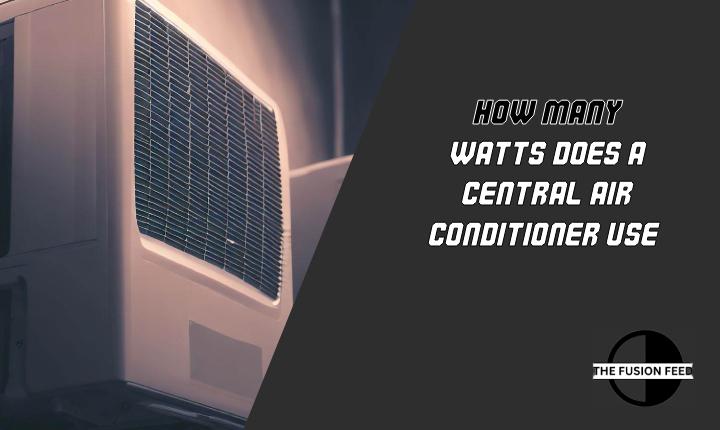






![How Many Watts For Central Ac Window AC Wattage [2024 Study | Most Efficient & Lowest W]](https://ecocostsavings.com/wp-content/uploads/2022/04/window-ac-room-size-chart-768x1920.jpg)
